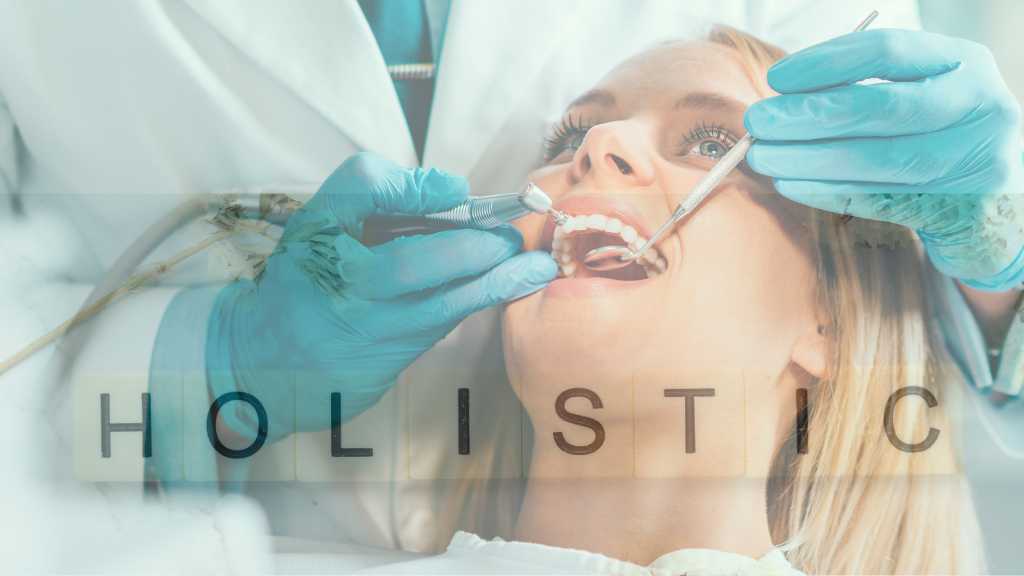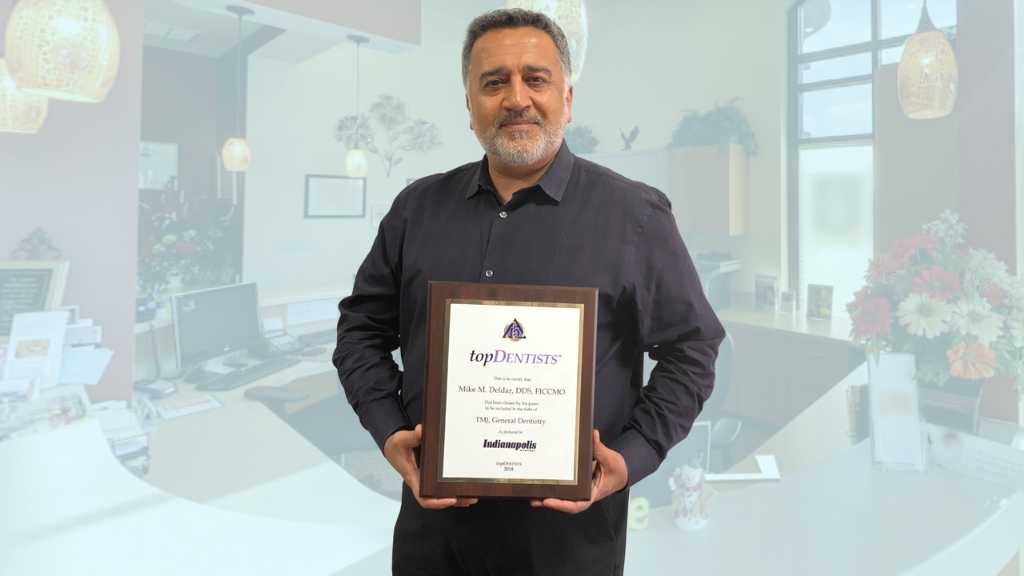Table of Contents
About Holistic Dentistry
Holistic dentistry in Noblesville, also known as biological dentistry or alternative dentistry, is a relatively new field that approaches oral health in a different way than traditional dentistry. Instead of just treating the symptoms of dental problems, holistic dentistry focuses on the whole body and its connection to oral health. It aims to promote overall health and wellness by taking a more natural approach to dental care. In this blog post, we will answer some of the most frequently asked questions about holistic dentistry.
1. What is holistic dentistry?
Holistic dentistry is a type of dentistry that focuses on the overall health of the patient, not just their oral health. It takes into account the patient’s physical, emotional, and spiritual well-being when designing a treatment plan.
2. What are some of the key principles of holistic dentistry?
The key principles of holistic dentistry include:
- Using biocompatible materials: Holistic dentists use materials that are non-toxic and compatible with the patient’s body.
- Minimizing the use of dental X-rays: Holistic dentists limit the use of X-rays and use digital X-rays, which emit less radiation.
- Avoiding mercury fillings: Holistic dentists do not use mercury fillings, as they can be toxic to the body.
- Considering the patient’s nutrition: Holistic dentists recognize the important role that nutrition plays in overall health, including oral health.
- Treating the whole person: Holistic dentists take into account the patient’s overall health and well-being when designing a treatment plan.
3. Are holistic dentists licensed?
Yes, holistic dentists are licensed dental professionals who have completed the same educational requirements as traditional dentists. However, they have chosen to approach dental care in a different way.
4. How does holistic dentistry differ from traditional dentistry?
Holistic dentistry differs from traditional dentistry in several ways. Traditional dentistry focuses on treating the symptoms of dental problems, while holistic dentistry focuses on the whole person and their overall health. Holistic dentists use biocompatible materials, avoid using mercury fillings, and limit the use of dental X-rays. They also consider the patient’s nutrition and use a more natural approach to dental care.
5. Is holistic dentistry covered by insurance?
Some aspects of holistic dentistry, such as routine cleanings and checkups, are covered by insurance. However, certain treatments, such as the removal of mercury fillings or the use of biocompatible materials, may not be covered by insurance.
6. Are there any risks associated with holistic dentistry?
Instead, holistic dentistry aims to decrease the risk of dental treatment. Possible risks associated with holistic dentistry are generally minimal. Holistic dentists use non-toxic materials and limit the use of X-rays, which reduces the risk of exposure to harmful substances.
7. Can holistic dentistry cure cavities and other dental problems?
Holistic dentistry can be used to treat cavities and other dental problems, but it takes a different approach than traditional dentistry. Instead of just treating the symptoms, holistic dentistry looks at the whole person and their overall health to develop a treatment plan that promotes wellness and prevents future problems.
8. How can I find a holistic dentist in Noblesville?
To find a holistic dentist, you can search online for holistic dental practices in your area. You can also ask for recommendations from friends or family members who have visited a holistic dentist.
9. Is holistic dentistry more expensive than traditional dentistry?
The cost of holistic dentistry could be, but doesn’t have to be more expensive than traditional dentistry. It all depends on your individual oral health, physical condition, and personal preferences. However, the long-term benefits of holistic dentistry, such as improved overall health and reduced risk of future dental problems, may be worth the additional cost.
In conclusion, holistic dentistry is a growing field that takes a more natural approach to dental care. By focusing on the whole person and their overall health, holistic dentists aim to promote wellness and prevent future dental problems. Key principles of holistic dentistry include the use of biocompatible materials, limiting the use of dental X-rays, avoiding mercury fillings, considering the patient’s nutrition, and treating the whole person. While some aspects of holistic dentistry may not be covered by insurance and may be more expensive than traditional dentistry, the long-term benefits of improved overall health and reduced risk of future dental problems may make it a worthwhile investment.
Are you looking for a dentist who takes a more natural and holistic approach to dental care?
With a focus on patient comfort and a commitment to promoting overall health and wellness, Dr. Deldar is the ideal choice for anyone looking for a different kind of dental experience. Schedule your appointment today and experience the benefits of holistic dentistry for yourself!





